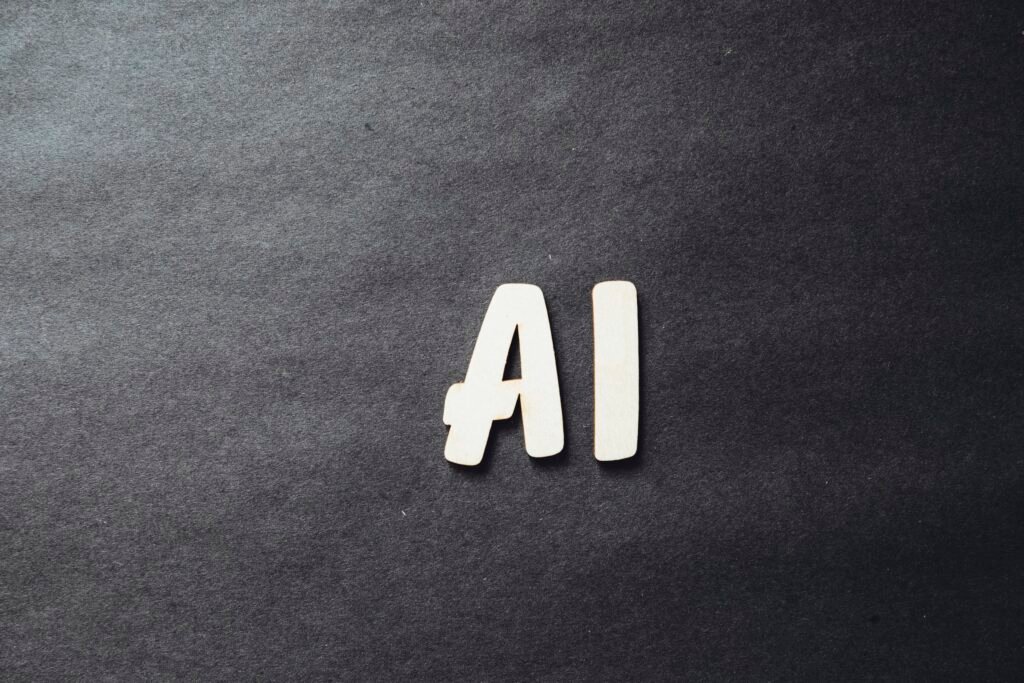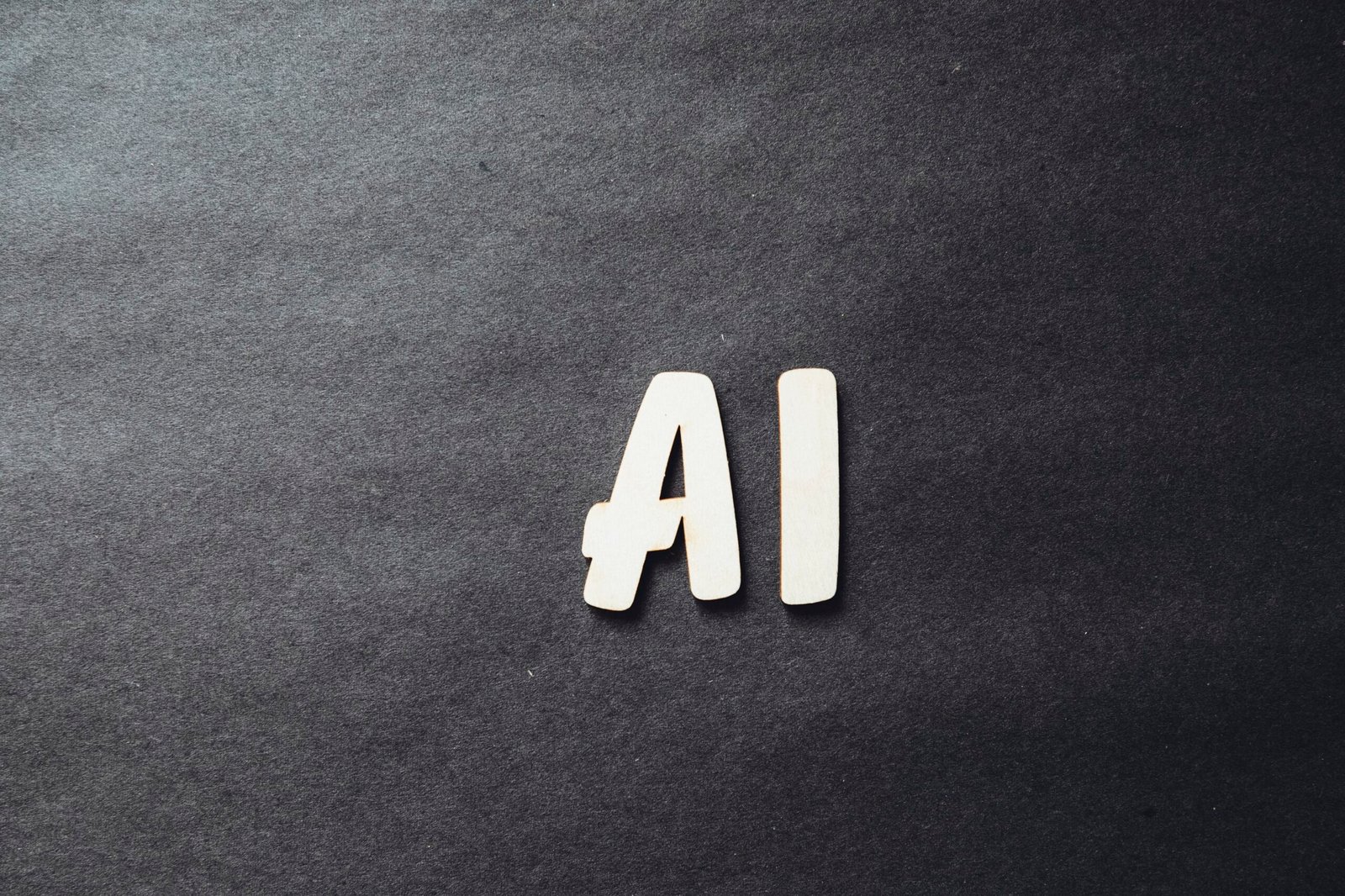Artificial intelligence, commonly referred to as AI, has become a buzzword in today’s technological landscape. In a nutshell, AI encompasses the development of smart computer systems that can simulate human intelligence and perform tasks without explicit programming. From virtual personal assistants like Siri and Alexa to self-driving cars and facial recognition software, AI has infiltrated various aspects of our daily lives, revolutionizing the way we interact with technology. This article aims to provide a concise overview of what is considered artificial intelligence, shedding light on its applications and exploring the possibilities it holds for the future. So let’s embark on this exciting journey of understanding AI together!
What Is Considered Artificial Intelligence
Artificial Intelligence (AI) refers to the simulation of human intelligence in machines that are programmed to think and learn like humans. In simpler terms, it is the ability of a computer or a machine to imitate and perform tasks that typically require human intelligence. These tasks can include recognizing speech, decision-making, problem-solving, learning, understanding natural language, and even visual perception.
Definition of Artificial Intelligence
Artificial Intelligence can be defined as the branch of computer science that focuses on creating intelligent machines capable of performing tasks that would normally require human intelligence. AI encompasses various subfields such as machine learning, natural language processing, computer vision, and robotics.

History of Artificial Intelligence
The concept of Artificial Intelligence can be traced back to ancient times when philosophers and scientists contemplated the idea of creating machines that could mimic human intelligence. However, the formal development of AI as a scientific discipline began in the 1950s.
In 1956, the term “Artificial Intelligence” was coined by John McCarthy, who is often referred to as the father of AI. McCarthy organized the Dartmouth Conference, which is considered the birthplace of AI as a field of study. At the conference, McCarthy and other pioneers in the field aimed to develop intelligence in machines through the use of algorithms and logic.
Throughout the years, AI research and development witnessed significant milestones. In the 1960s and 1970s, AI was focused on solving problems using knowledge-based systems and rule-based reasoning. In the 1980s, expert systems gained popularity, utilizing the knowledge of experts in specific domains.
The 1990s saw advancements in machine learning algorithms, which enabled AI systems to learn from data and improve their performance over time. In recent years, advancements in computing power and the availability of vast amounts of data have propelled AI to new heights.
Types of Artificial Intelligence
Artificial Intelligence can be categorized into two main types: Narrow AI and General AI.
Narrow AI
Narrow AI, also known as Weak AI, refers to AI systems that are designed to perform specific tasks or functions with a high level of proficiency. These AI systems are focused on one particular domain and are not capable of generalizing their knowledge or skills across different domains.
Examples of Narrow AI can be seen in virtual personal assistants like Apple’s Siri or Amazon’s Alexa, which are designed to understand and respond to voice commands. Other examples include self-driving cars, computer vision systems used in facial recognition, and chatbots used in customer service.
General AI
General AI, also known as Strong AI or Artificial General Intelligence (AGI), refers to AI systems that possess the ability to understand, learn, and apply knowledge across multiple domains, just like a human being. General AI aims to achieve human-level intelligence and proficiency in a wide range of tasks.
While General AI remains a goal for researchers and scientists, it is still largely a hypothetical concept. The development of General AI poses significant technical and ethical challenges, as creating a machine with human-like intelligence raises questions about consciousness, self-awareness, and the ability to experience emotions.

Applications of Artificial Intelligence
Artificial Intelligence finds applications in various industries and sectors, revolutionizing the way tasks are performed and driving innovation. Some notable applications of AI include:
Healthcare
AI is transforming the healthcare industry by improving diagnosis, treatment planning, and patient monitoring. Machine learning algorithms are used to analyze large medical datasets, predict disease outcomes, and assist in drug discovery.
Finance
In the finance sector, AI is employed for fraud detection, algorithmic trading, credit scoring, and risk assessment. Natural language processing enables AI systems to understand and process textual information, aiding in sentiment analysis and financial news analysis.
Manufacturing
AI is revolutionizing the manufacturing sector through the use of robotics, automation, and predictive maintenance. Machine learning algorithms are utilized for optimizing production processes, predicting equipment failures, and reducing downtime.
Transportation
Self-driving cars are a prominent application of AI in the transportation industry. AI systems analyze sensor data, interpret road conditions, and make real-time decisions to navigate safely without human intervention. AI also enhances traffic management systems and logistics operations.
Education
AI technologies are being utilized in education for personalized learning experiences, intelligent tutoring systems, and automated grading. AI-powered virtual assistants enhance student engagement and provide personalized feedback and support.
These are just a few examples of how AI is transforming various industries. The potential applications of AI are vast, and as the technology continues to advance, its impact will only grow stronger.
Ethical Considerations with Artificial Intelligence
While AI brings numerous benefits and advancements, it also raises ethical considerations that need to be addressed. Some of the key ethical concerns associated with AI include:
Privacy and Data Security
AI systems often rely on large amounts of personal data to operate effectively. Protecting individuals’ privacy and ensuring data security is crucial to prevent unauthorized access or misuse of sensitive information.
Bias and Fairness
AI systems are trained on datasets that may unintentionally contain biases, leading to discriminatory outcomes. It is important to address these biases and ensure fairness and equality in AI systems, particularly in sensitive areas like hiring, lending, and criminal justice.
Accountability and Transparency
As AI systems become more autonomous and make decisions that impact individuals’ lives, it is essential to establish accountability mechanisms and ensure the transparency of AI algorithms. Understanding how AI systems arrive at their decisions is crucial for building trust and addressing potential issues.
Unemployment and Workforce Disruption
The automation of tasks through AI technologies raises concerns about potential job displacement and workforce disruption. It is important to consider the impact on employment and implement strategies to reskill and upskill workers to adapt to the changing job market.
Addressing these ethical considerations requires collaboration between policymakers, researchers, industry leaders, and society as a whole. Ethical guidelines and regulations must be developed to ensure the responsible and ethical development and deployment of AI technologies.

Challenges and Limitations of Artificial Intelligence
While AI holds tremendous promise, there are several challenges and limitations that hinder its progress. Some of the key challenges and limitations of AI include:
Data Limitations
AI systems heavily rely on data to learn and make informed decisions. However, acquiring high-quality and diverse datasets can be a challenge, especially in areas where data collection is difficult or limited. Insufficient data can result in biased or inaccurate AI models.
Lack of Understanding
Despite the advancements in AI, our understanding of its inner workings and decision-making processes is still limited. AI systems often operate as black boxes, making it difficult to analyze and interpret their actions or detect potential biases.
Ethical and Regulatory Frameworks
As AI technologies become more powerful and pervasive, the development of comprehensive ethical and regulatory frameworks lags behind. The rapid pace of AI development often outpaces the ability of policymakers to adapt and address potential risks.
Trust and Acceptance
Building trust and acceptance in AI systems is a significant challenge. Skepticism and fear of AI technologies can hinder their widespread adoption. Ensuring transparency, explainability, and accountability can help address these concerns and foster trust.
Limitations in Problem-solving
AI systems excel in specific domains, but they often struggle with context switching and generalizing knowledge. Transferring knowledge from one task to another or adapting to novel situations remains a challenge for AI systems.
Overcoming these challenges requires continuous research, collaboration, and innovations in AI. It is essential to address these limitations to unlock the full potential of AI in solving complex problems and benefiting society.
Current State of Artificial Intelligence
The current state of AI is marked by significant advancements and widespread adoption in various fields. AI technologies have reached a level where they can outperform humans in certain tasks, such as image recognition and language translation. Deep learning algorithms, a subset of machine learning, have played a crucial role in these achievements.
AI-powered virtual assistants are becoming commonplace, and industries like healthcare, finance, and manufacturing are leveraging AI to improve efficiency, accuracy, and decision-making. Autonomous vehicles are undergoing rapid developments, and AI-driven robots are assisting in areas like warehousing and customer service.
The availability of enormous amounts of data and increased computing power has fueled the growth of AI. Major technology companies heavily invest in AI research and development, and AI startups are emerging, aiming to disrupt various industries.
However, as AI evolves, there is a need to strike a balance between innovation and ensuring ethical use. Continued research and advancements are necessary to address the limitations and challenges that AI currently faces and to refine the technology for wider adoption.
Future Developments in Artificial Intelligence
The future of Artificial Intelligence holds immense potential for further advancements and transformative impacts on society. Some of the key areas of development and applications in the future include:
Explainable and Transparent AI
Research efforts are underway to develop AI systems that are more explainable and transparent. Enhancing the interpretability of AI algorithms can help build trust and enable users to understand the decision-making processes of AI systems.
Robust and Resilient AI
Improving the robustness and resilience of AI systems is crucial to ensure their reliability in real-world scenarios. AI systems should be able to handle uncertainty and adapt to changing conditions, reducing the risk of failures or incorrect decisions.
Human-AI Collaboration
The future of AI lies in augmenting human capabilities and fostering collaboration between humans and AI systems. AI can assist in decision-making, provide insights from vast datasets, and automate repetitive tasks, enabling humans to focus on more creative and complex problem-solving.
Ethical AI
Developing ethical AI systems and frameworks will continue to be a focus in the future. Incorporating ethics into the design and development of AI can help address concerns surrounding bias, privacy, and fairness, ensuring that AI benefits all of society.
Advances in Robotics
AI-driven robotics is expected to witness significant advancements, enabling robots to perform complex tasks in various domains. Robots will become more autonomous, adaptable, and capable of interacting and collaborating with humans in diverse environments.
Conclusion
Artificial Intelligence has transformed numerous aspects of our lives and continues to evolve at a rapid pace. From virtual personal assistants to self-driving cars, AI has made remarkable advancements and brought about a paradigm shift in various industries.
As AI progresses, it is essential to ensure the responsible and ethical development and deployment of AI technologies. Addressing ethical considerations, overcoming challenges and limitations, and fostering trust and acceptance are crucial for harnessing the full potential of AI for the betterment of society.
The future of AI holds even more exciting developments, with explainable AI, robust and resilient systems, and human-AI collaboration on the horizon. With continued research and innovation, AI has the potential to revolutionize industries, improve decision-making, and enhance the quality of our lives.






